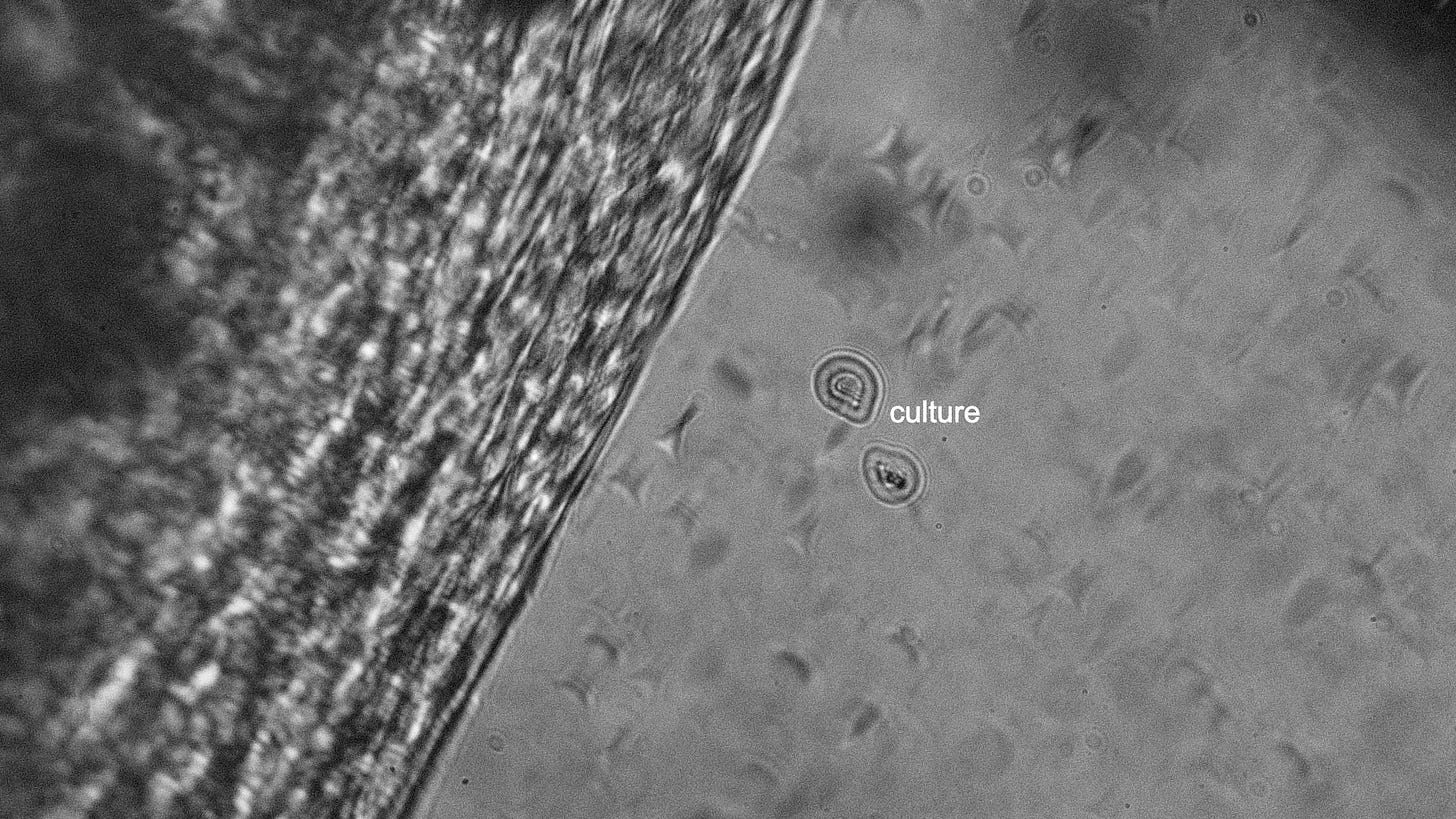So You Want to Study Culture?
Career advice I wish I learned much sooner
Every week I receive an email, asking:
“What advice do you have for emerging strategists or researchers interested in culture? Or what do you believe now that you wish you heard much earlier in your career?”
Every week my answer is a little different, but I finally gathered, edited and organized all those answers together. This.
Take what works. Leave what doesn’t...
Here are +10 years, +2.5k words, five themes, and tactical instructions for how to think about thinking. I’ll continue to update this as a living doc.


